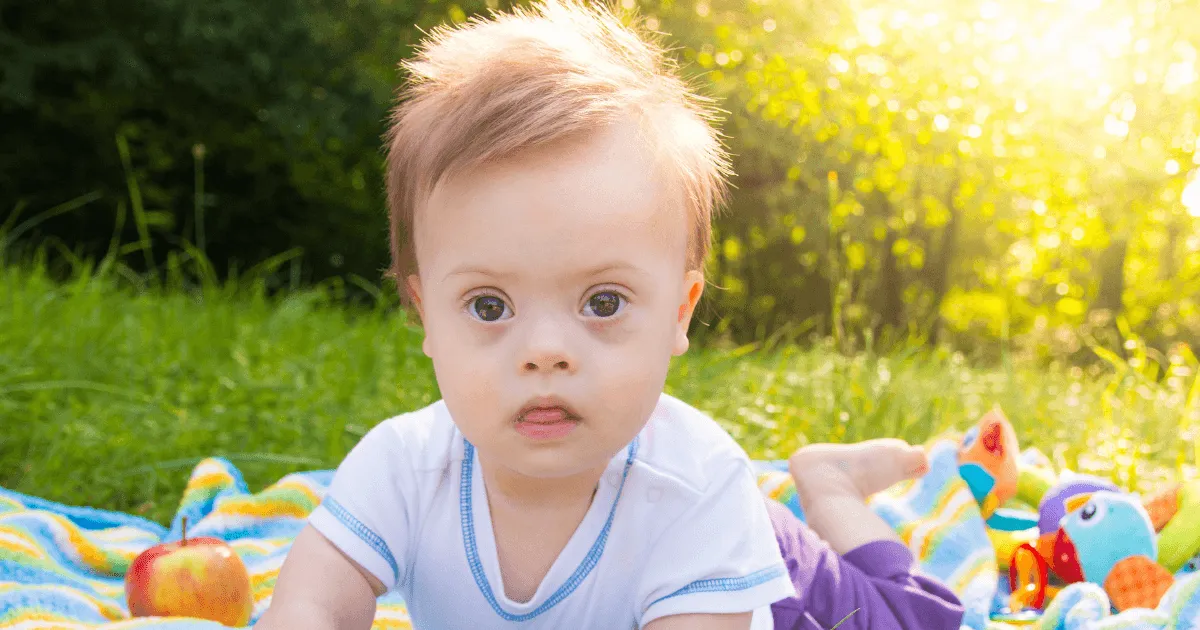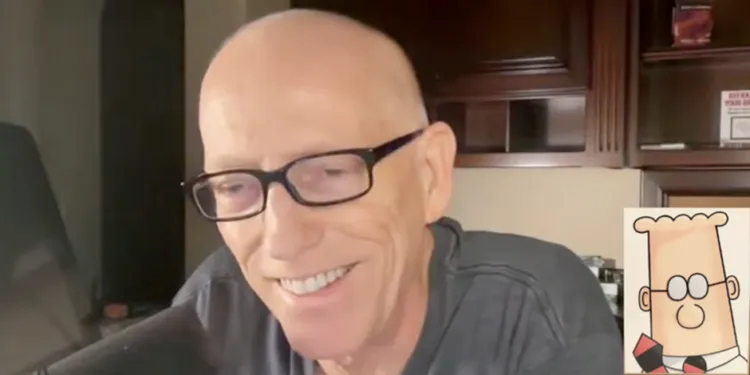Table of Contents
Right To Life News
A woman has given an extended interview with the Times in which she explains what life is like for her son who has Down’s syndrome and who happens to be Brentford FC’s biggest fan.
Tuesday, 21 March, was World Down Syndrome Day and Natalie O’Rourke has shared her and her family’s experience with ten-year-old Woody O’Rourke who has Down’s syndrome. She told the story of how when Woody was five, he was turned away from a local football training club but, after she shared the sad story on social media, Brentford FC heard about it and invited Woody to lead the team out before that day’s match. His mum said “[i]t was the best day of Woody’s life”.
More recently in 2021, when Brentford beat Arsenal, their head coach Thomas Frank saw Woody in the stands and went over to grab the boy’s hand in celebration. A picture of the very happy child with Frank went viral and appeared on Sky Sports and Match of the Day. After the game, Frank recorded a message for him saying: “Hi Woody, thank you so much for your support — it means the world to me, to us, to Brentford”.
Woody loves his football team so much and these gestures mean the world to him. However, he and his family have faced darker times. When his mum found out she was pregnant, her husband as well as numerous medical professionals put her under considerable pressure to have an abortion. During a routine scan, the sonographer went silent and Natalie knew there was something wrong straight away. She was then fast-tracked for a same-day appointment with a doctor who told the parents that their baby had a high chance of having Down’s syndrome and advised further testing to confirm.
Natalie said that her husband, Dickie, said “If it’s positive, I guess we’ve got a few weeks to decide if we want an abortion”. And the doctor replied, “No, if the baby has a disability like Down’s [syndrome], abortion is legal right up to birth”.
Natalie was so upset that she left the room. “It sickened me. The implication was that this baby was of so little value, [he] may as well be dead. My overwhelming feeling was of protection. I knew if I wanted to keep [him] I would have to fight, because the message was clear — if the baby is damaged, different, faulty, it isn’t valued. So why would you have it and how could you love it?”
“The real shocker was that I was suddenly on this pathway to a termination. No one seemed to consider that I might want [him] to live.”
But things got worse before they got better. Shortly after the phone call that confirmed that her baby has Down’s syndrome, Natalie received another call from the abortion provider, MSI Reproductive Choices, informing her that she had been booked in for an abortion the next day. “I didn’t ask for this, and I don’t want it”, she protested. But the nurse did not give up. “Oh well, I’ll keep it open for you in case you change your mind”, the nurse said.
There was not only pressure from medical professionals, but her own family also made their feelings clear. “The real shocker was that I was suddenly on this pathway to a termination. No one seemed to consider that I might want [him] to live”.
Even her own husband, Dickie put Natalie under pressure to have an abortion. “He was desperate for me to end the pregnancy… I knew that Dickie would be an amazing dad — and he is. But getting to that point was a massive fight.”
Whilst she was pregnant, the only time Natalie and Dickie really spoke to each other was at weekly counselling sessions at the hospital. “The therapist was a saint because all Dick and I did was argue. He begged me to have an abortion. He said, ‘Our lives will be over.’ And I said, ‘You go, then. We’ll be all right without you.’”
“Then, when I was about seven months pregnant, we came out of a counselling session and Dickie was kind of deflated. He said, ‘You’re going to have this baby, aren’t you?’ I said, ‘Yes I am.’ And he said, ‘Can I call him Woody [after the American folk singer Woody Guthrie]?’ And that was that.”
“It is a joy to raise a child who is different and who makes us see the world in a different way.”
Baby Woody was born on 23 September 2012 weighing just over 4lbs. Natalie said “He was beautiful, like a tiny bird. I remember crying and whispering, ‘I fought so hard for you.’” They both went home just three hours later.
As he grew up, Woody “was late reaching all his milestones — he didn’t walk until he was two and a half. We had a great health visitor, who said, ‘Well, there’s no rush, is there?’ And she was right. He got there eventually..”.
“You get all sorts of looks when you have a child with Down’s syndrome”, Natalie added. “The worst is pity. But there’s another look I’d see on other women’s faces when Woody was a baby — it’s a sadness, a wistfulness. And I’d think, ah, you had the termination, didn’t you?”.
“It is a joy to raise a child who is different and who makes us see the world in a different way”, O’Rourke says. “His love is so pure, there’s nothing like it; he greets me every morning with the words, ‘You’re beautiful, Mummy, I love you.’ He’s a total life-enhancer. I cannot begin to imagine our family without him.”
859 babies with Down’s syndrome were aborted in 2021, an increase of 23.95% from 693 in 2020. There was also a 71.43% increase in late-term abortions at 24 weeks and over where a baby had Down’s syndrome from 14 in 2020 to 24 in 2021.
Right To Life UK spokesperson Catherine Robinson said “It is encouraging to see stories like Woody’s and Natalie’s being featured so prominently in mainstream publications. Sadly, the negative attitudes towards people with Down’s syndrome are deeply entrenched. Hopefully, though, this will change as more people are exposed to the reality of raising a child with Down’s syndrome, with its ups and downs, just like any other child.”







